Mozilla calls out Microsoft on sneaky tactic to steer Windows users to Edge
Another allegation on Microsoft, is the company guilty as charged?
4 min. read
Updated on
Read our disclosure page to find out how can you help Windows Report sustain the editorial team. Read more
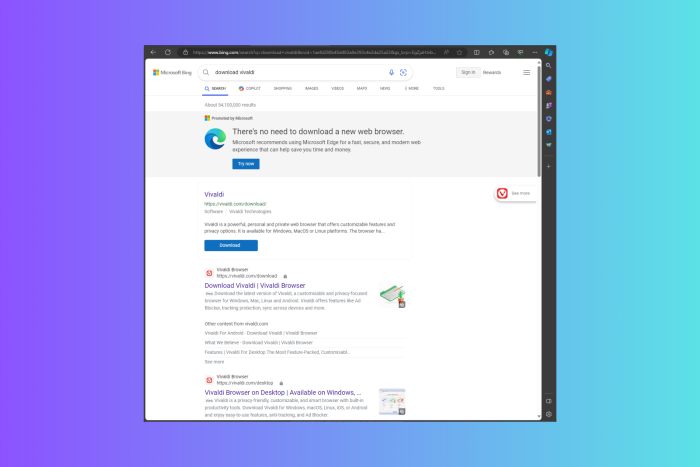
A recent report named Over the Edge: How Microsoft’s Design Tactics Compromise Free Browser Choice by independent researchers Harry Brignull & Cennydd Bowles discusses how Microsoft’s design rips users from the freedom of choosing a browser.
This is not the only claim made; Mozilla also expressed the same concern in two reports titled Five Walled Gardens in September 2022 and Platform Tilt in January 2024, claiming that the Redmond giant uses dark patterns to push people towards Edge.
These reports majorly talk about the competitive barriers presented in platforms by companies, including Apple, Microsoft, and Google.
Over the Edge, as the name suggests, mainly talks about Microsoft Edge and the tech giant’s manipulative design patterns, also called deceptive patterns or dark patterns, that are crafted intentionally to force people toward a favorable outcome.
Mozilla stated,
Windows users everywhere, especially in the rest of the world, continue to have their choices inhibited, overridden and undermined by Microsoft’s use of harmful design. Regulatory action around the world is needed to restore browser choice and competition across all of the major platforms.
One thing in the report that caught our attention was the alleged injection of Microsoft Edge ads into unrelated search results or download pages, which comes under the Disguised Ads tactic. For example, when you search for options to install Chrome or Opera, you might see a pop-up on the top of the screen resembling a Windows interface, hinting that Edge is better.
Mozilla calls it misleading and makes users think compliance with Edge is important for device security.
I experienced the same issue when, after a reinstall, I tried to download Chrome on my computer, but I neglected it. Now that this report has highlighted this issue, it would be wrong to think the claim is untrue. I was bothered by the ad, and if I hadn’t always been using Chrome, I might have gone for Edge.
Other deceptive interface patterns outlined by the report are Confirmshaming, Visual Interference, and Forced Action.
When asked about these claims and their notion of healthy competition, a Mozilla spokesperson said
Our position about fair and open competition has not changed. However, there is an increased need to understand and identify some of the technical aspects related to legislation like the DMA which is why we commissioned the independent research.
The report also emphasizes that developers like Microsoft and Google should promote their products without clouding a user’s judgment.
Also, it asserts that a user should be able to download, install, and set any legitimate web browser as default on their computer without anyone manipulating their decision.
Mozilla has put its hope in Europe’s Digital Markets Act (DMA), which plans to make sure there is fair competition within the European Union. The act will be implemented in March 2024, and it is seen as the hope that the barriers to browser competition will be reduced.
The nonprofit software house also stresses that when the issues are reported, the changes made are usually incomplete and are a result of regulatory pressure. It further argues that Microsoft’s supposed use of harmful design should be addressed immediately to prevent harm to consumers, the market, and society.
Microsoft has not yet responded to these accusations. It seems that the battle between browsers will continue, and regulatory scrutiny could become a significant factor in shaping the landscape of fair competition in the tech industry.
If you are interested in knowing about Mozilla and Microsoft wars, check out our article on why Firefox ended support for Windows 7, 8, and 8.1.
What do you think about this claim? Share your thoughts in the comments section below.


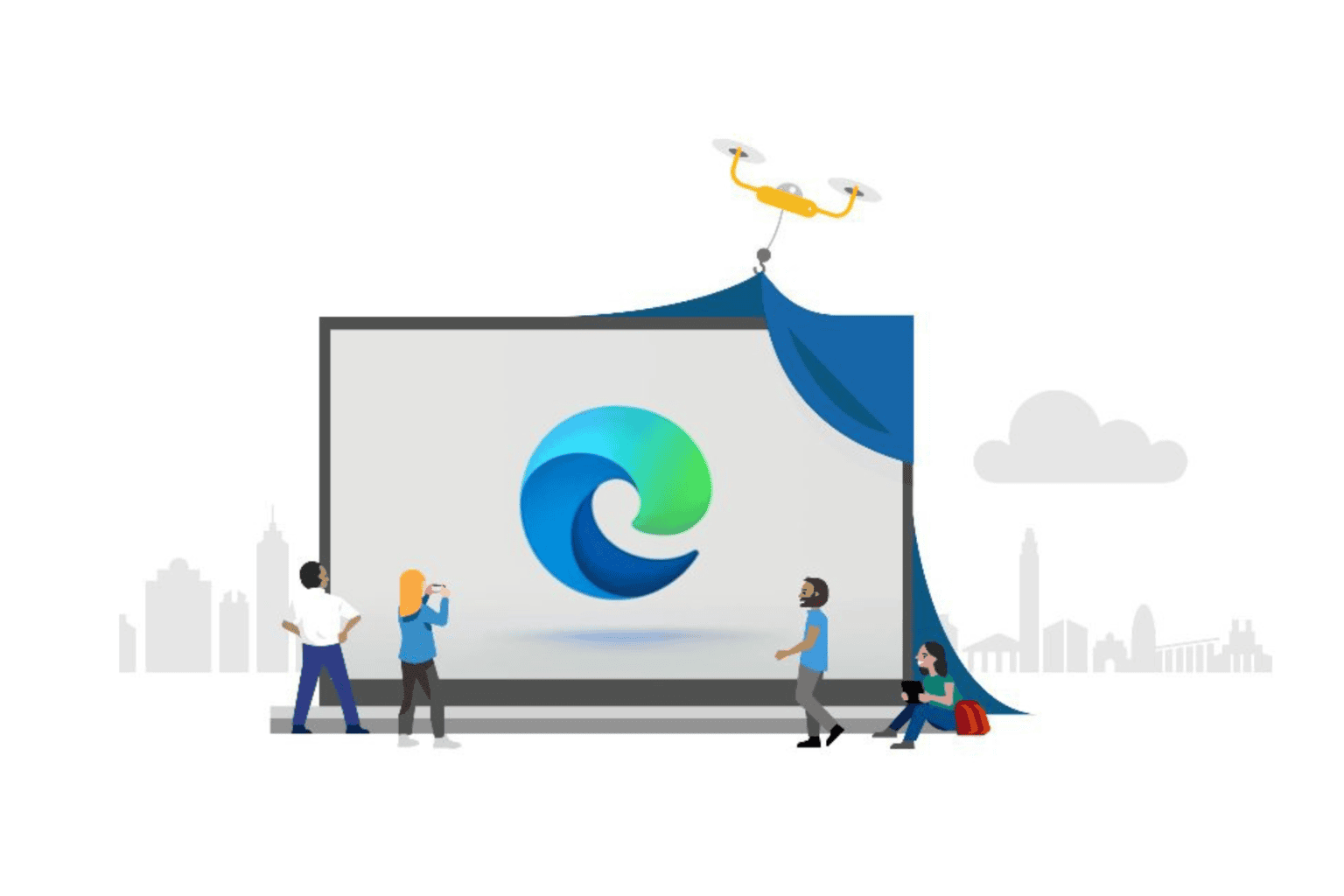
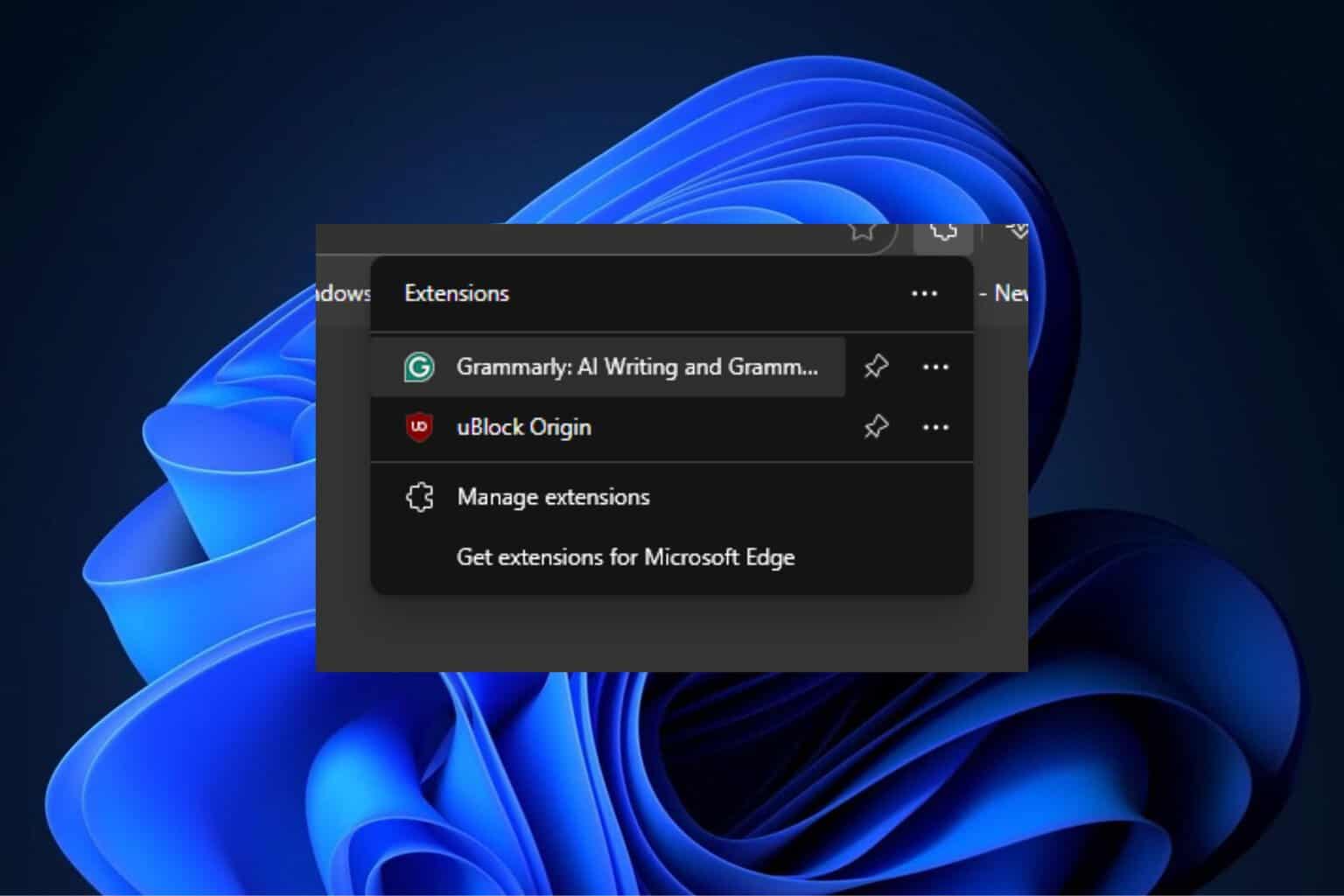
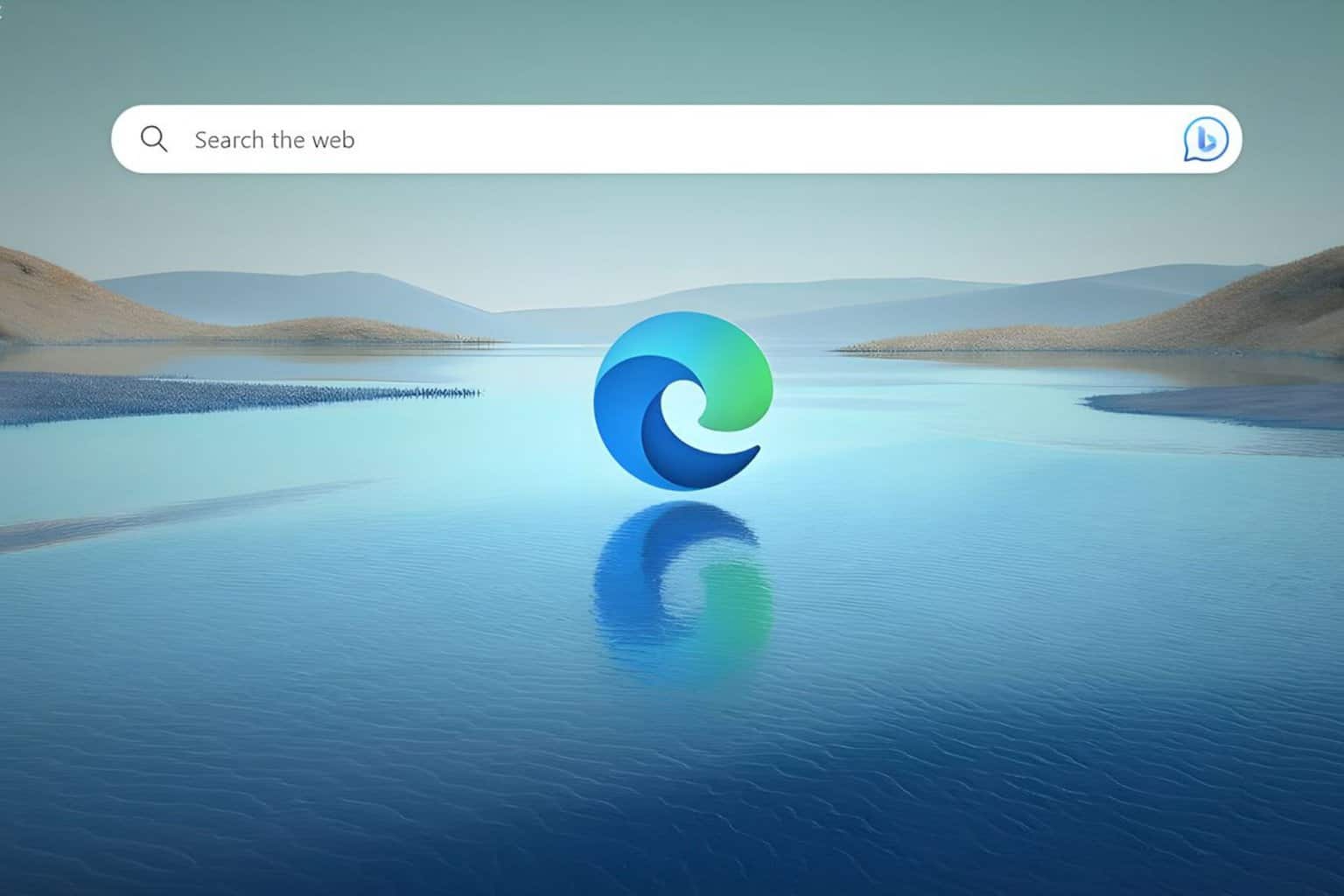

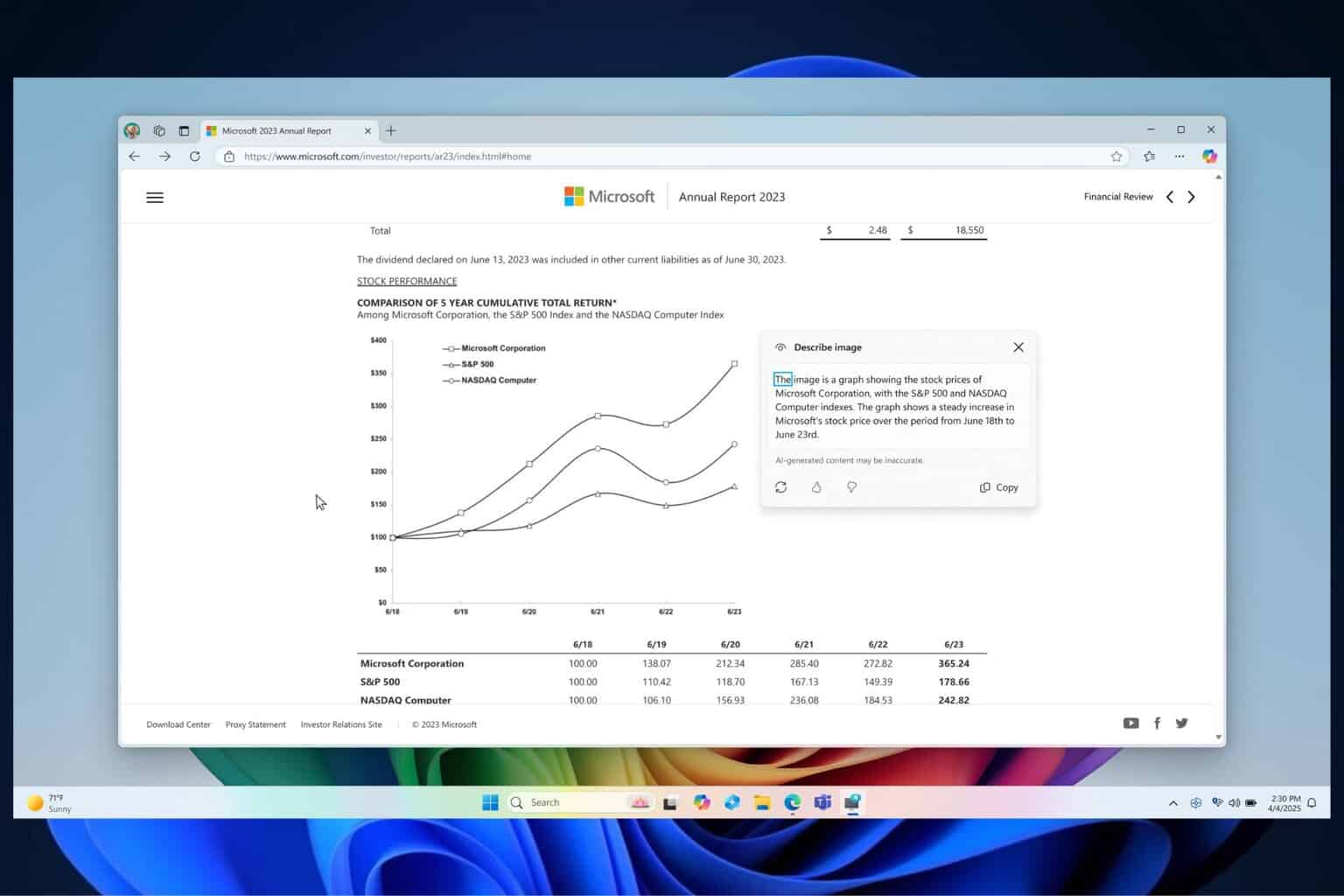
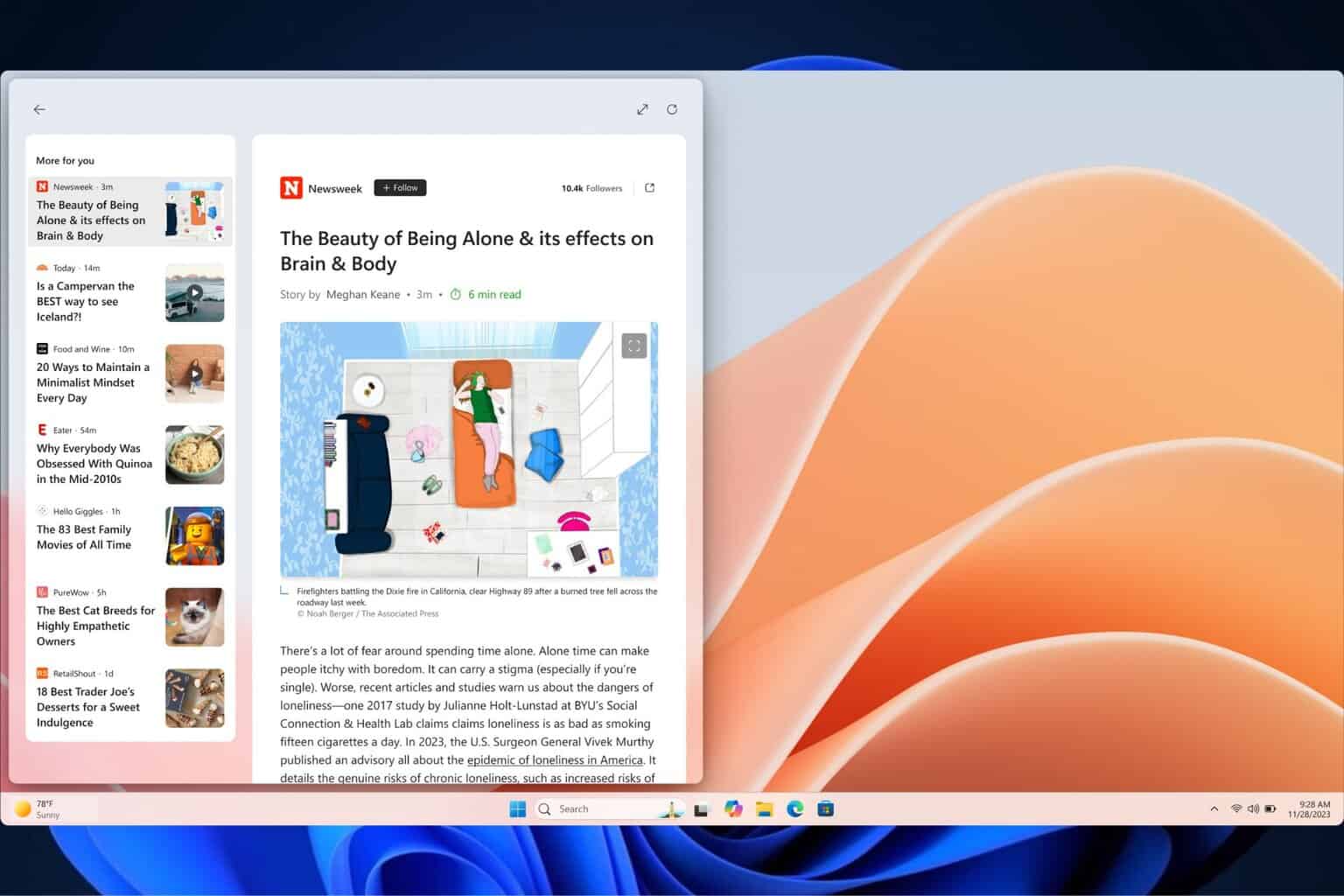

User forum
0 messages